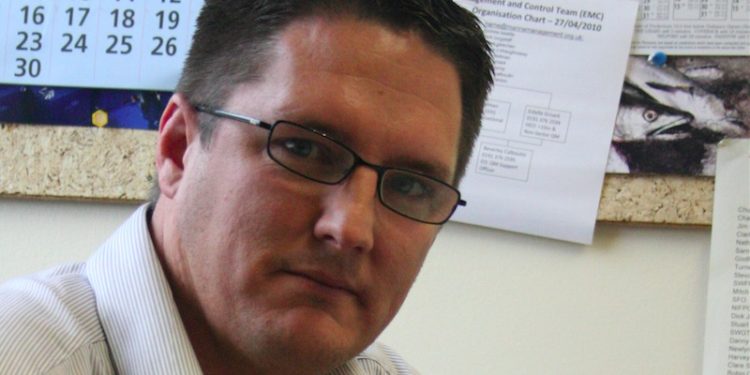NFFO President Paul Trebilcock has criticise the decision to add small-eyed ray to the list of prohibited species, commenting that the decision was made at the December Council with no prior warning, no discussion and without anticipating the consequences.
‘There are consequences,’ he said. ‘In the Bristol Channel, where for some vessels small-eyed ray constitutes 40% of their annual catch, vessels are already being put up for sale, and fishermen forced from the industry, with dire consequences for families, mortgages and futures.’
‘This is an abysmal way to run an industry. And it should not escape your notice that along with the bass measures agreed at the December Council, it is inshore fishermen who will bear the brunt,’ he said, slamming the decision as an arbitrary one taken behind closed doors that is the epitome of bad government and one that reinforces the view fishermen have that the European Commission is an institution that has only malevolent intentions towards them.
‘Fishermen in the Bristol Channel have been amongst the most progressive in the country and been at the cutting edge of developing ways of harvesting rays in a sustainable way. A voluntary increase in the minimum landing size, a voluntary seasonal closure, along with cooperation with scientists in identifying individual species in the ray catch, have been amongst their past contributions. The sense of disillusionment and betrayal from those who worked in this positive way, only to see their livelihoods subsequently destroyed is overwhelming.’
‘What is the evidence that justified such extreme measures? Surely this kind of measure with these kind of consequences should be used only in the most extreme emergency situation? Were there no alternatives? These are some of the questions that should have been asked before some bureaucrat blithely added a species to a list.’
‘Can this decision be reversed and quickly?’ He asks, reminding the EU Commission that the NFFO can be found wherever it is necessary to work on complex and challenging fisheries management issues.
‘The management of skates and rays is certainly one of those areas. But you must realise how difficult it is going to be to get fishermen to engage with scientists and fisheries administrators against background of arbitrary decisions like this. We understand that there is a potential to reverse this decision at the March Council through an amendment to the TACs and Quotas Regulation. Damage has been done and a mistake has been made but the damage can be limited by swift remedial action. We eagerly await your confirmation that the UK will take the lead in rectifying the situation.’









